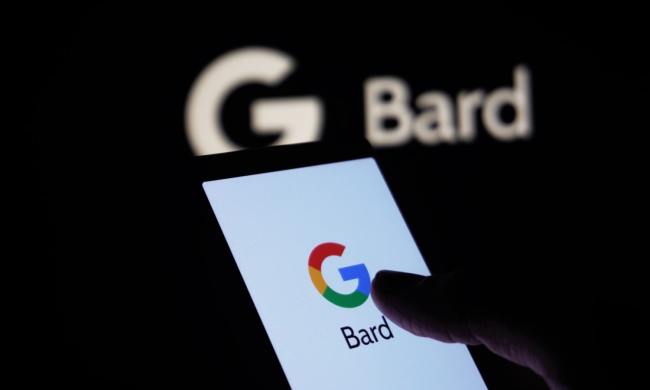 It’s a problem that has plagued Google for years – how to deal with rogue online drug sellers. A report by the Wall Street Journal on Saturday says that, according to interviews and documents reviewed by the newspaper, the search engine giant was “warned repeatedly” by state regulators and industry watchdogs that a number of online pharmacies advertising on its network were doing so in violation of US laws.
It’s a problem that has plagued Google for years – how to deal with rogue online drug sellers. A report by the Wall Street Journal on Saturday says that, according to interviews and documents reviewed by the newspaper, the search engine giant was “warned repeatedly” by state regulators and industry watchdogs that a number of online pharmacies advertising on its network were doing so in violation of US laws.
Drugs from rogue sellers can be extremely dangerous – not only can the medication be bought without a prescription, but it might also be out of date. Even worse, the drug could, in some cases, be different to how it’s described on the packaging.
The WSJ report says that federal prosecutors are investigating whether the company knowingly took business from rogue pharmacies. If this is found to be the case, legal experts believe Google could face action over charges of aiding illegal online activity.
This may explain the news earlier this month that the company had set aside the sum of $500 million for a payment it believed it might have to make in relation to an investigation by the US Justice Department regarding its online advertising system. When that news surfaced, the specifics of the case were unknown, but it seems that the WSJ report could well be related to the issue.
According to the WSJ, Food and Drug Administration agents posing as representatives from illegal online pharmacies contacted Google, though whether any evidence was garnered in the sting is not clear.
Yahoo and Microsoft don’t believe they’re under any suspicion regarding the same issue, the report says.
Online pharmacy advertising is big business – research firm eMarketer estimates that it generates revenue of around $1 billion for the search engines, though it’s not certain how much of that is from rogue sellers. The WSJ reports a pretty shocking statistic though: “About 96% of Internet drug outlets appeared to be violating pharmacy laws or standards, according to a 2008 study by the National Association of Boards of Pharmacy, or NABP, a group representing state regulators in the U.S. and Canada.”
The fact that Google had been told about the issue on several occasions since 2003 puts it in something of a sticky position. In a letter written in 2003, for example, the NABP said it was “deeply concerned that these rogue Internet sites could be a front for criminals seeking to introduce adulterated medications, counterfeit drugs, or worse, to the American market.” Nothing was heard from Google in response, says the NABP.
The report says that in a 2008 letter from the National Center on Addiction and Substance Abuse at Columbia University (CASA) to the then Google chief executive Eric Schmidt, CASA said it had discovered “prominent displays of ads for rogue Internet pharmacies.” This letter came after Google had hired a company called PharmacyChecker to check the pharmacies advertising on its search engine site. PharmacyChecker says it never knowingly approved advertisements from rogue pharmacies.
In 2008, it seemed that Google was beginning to look at the matter more closely. On receiving a list of hundreds of illicit pharmacy advertisers, Google said it found the information “helpful” and that it was being used to “augment our filters for sites that violate our policies.”
The bad news is that LegitScript LLC, which monitors online drug sellers, found in 2009 that there were still serious problems regarding rogue pharmacies on Google’s search engine site. Interestingly, the report also said that “80% and 90% of Yahoo and Microsoft’s respective online drug advertisers were breaking the law.”
Google, Yahoo and Microsoft all dropped PharmacyChecker in 2010 and agreed to work with NABP’s list of verified pharmacies. According to the WSJ, Google is now meeting with federal prosecutors in a bid to resolve the issue before it reaches court.


